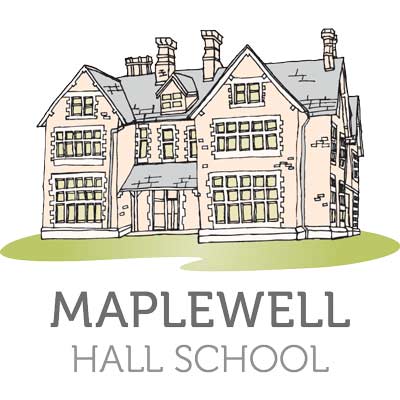Career Education takes place across the entire curriculum, within every subject and at all ages from Year 7 to Year 14.
Career Education in Preparation for Adulthood (P4A)
At Maplewell Hall School, our P4A curriculum helps students develop the Essential Skills and P4A Mastery to enable them to confidently take their next steps in life. These next steps might include making positive choices about their mental and physical health. It might mean developing the skills to access their communities. It might mean working towards being more independent in and around the home. It might mean developing the communication and interaction skills to make friends, sustain relationships and engage positively with new people. As such, every P4A lesson is a careers lesson.
However, for the purposes of the Career Programme, Career Education in P4A refers to the following sequences of lessons and experiences. All students receive these Careers Education lessons as part of their P4A:
- Year 7 – Communication and Teamwork
- Year 8 – Skills for Employment
- Year 9 – Careers (Dragons’ Den)
- Year 10 – Skills for Employment; Applying for Employment
- Year 11 – Enterprise; Teamwork; Product and Marketing
At Post-16:
- College Ready Pathway – Modules contributing to City and Guilds Employability
- Work Ready Pathway – Modules contributing to City and Guilds Employability
- Life Ready pathway – Modules contributing to City and Guilds Employability
All students will also have Career Education delivered as part of every other subject. Making subject learning relevant to the workplace is an important motivator for students.
Career Education in English
Students build their understanding and application of the skills for employment as they progress through the English curriculum, regardless of the pathway they follow. The Essential Skills are embedded into the long-term planning for the English curriculum across all key stages and pathways. These Essential Skills are then reviewed by staff and students when they complete their DIRT tasks/assessments. Students have to identify the skills that they have used for the topic and where they have used them.
Career Education in the Reading Curriculum
Employability has been embedded into the KS3&4 reading curriculum. Through the reading curriculum, students develop their confidence and understanding of active listening, interviews, clear instructions, letter writing, emails, teamwork, job adverts, applying for jobs and CV writing.
The reading curriculum at post 16 also has an employability focus where students follow the ‘words for work’ pathway.
Career Education in Maths
In mathematics the curriculum is designed with the Skills Builder Framework in mind.
Our aim is to ensure the development of these Essential Skills is ongoing throughout every students’ journey in mathematics. In the maths department, curriculum documents are planned with the Essential Skills indicated and teachers are encouraged to promote these and provide development opportunities within their lessons. The skills are included in all curriculum documents for all ages and abilities to ensure all students have equal opportunities to develop these skills.
The Essential Skills are also displayed in maths classrooms across the school.
Video links from MyPath are embedded into the maths curriculum. At the start of a new topic, these skill specific videos will be shared with students in order for them to recognise how the skills being taught may be applied in the workplace.
Encounters and Experiences
Career Education also includes encounters with employers and employees, and education and training providers. Every visitor to the school is an employer or employee with experience of the World of Work to share with students, and every provider of Post-16 education and training is invited to share information about their provision. Our Provider Access Statement can be found here:
Every student should have multiple opportunities to learn from employers about work, employment and the skills that are valued in the workplace. This can be through a range of enrichment activities including visiting speakers, mentoring and enterprise schemes, and should include students’ own part time employment where it exists.
Every year, from the age of 11, pupils should participate in at least one meaningful encounter* with an employer. A ‘meaningful encounter’ is one in which the student has the opportunity to learn about what work is like or what it takes to be successful in the workplace.
Assemblies, skills workshops, Stem and Enterprise activities are all examples of this kind of Career Education.
Experience of Work and Work Experience
Career Education also refers to experiences of workplaces. Every pupil should have first-hand experiences of the workplace through work visits, work shadowing and/or work experience to help their exploration of career opportunities, and expand their networks. By the age of 16, every pupil should have had at least one experience of a workplace, additional to any part-time jobs they may have.
By the age of 18, or before the end of their study programme, every student should have had at least one experience of a workplace, additional to any part-time jobs they may have.
The planned trips and visits all students access either as part of the curriculum or as an extra-curricular opportunity. Every place a student visits is a workplace of some sort and every trip is therefore a chance to learn more about the World of Work and broaden students’ horizons.
We offer internal experiences of work to all students in years 7 to 11. These are advertised on our Student Vacancies Hub
All post-16 students are offered work experience as part of their programme of study. Post-16 students on the Work Ready pathway will be offered a work placement.
Further information about Experiences of Work and Work Experience can be found below:
